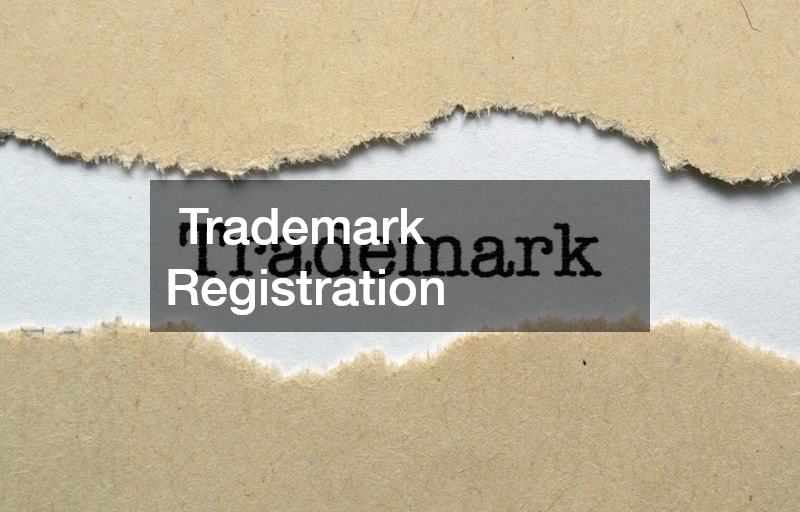Starting and running a small business in Australia can be both exciting and challenging. From selecting the appropriate business structure to resolving disputes, understanding your legal options is essential to safeguard your business and ensure compliance with Australian laws. Whether you’re operating a roofing business, an insurance brokerage, or an excavation company, navigating the legal landscape is crucial for securing the future of your enterprise.
This comprehensive guide explores ten key legal options for Australian small businesses, including business structure selection, trademark registration, patent filings, and contract drafting. Gaining insight into these legal nuances will empower you to make better decisions and protect your business at every stage.
1. Selecting the Business Structure
One of the first and most critical legal decisions an entrepreneur makes is choosing the right business structure. Your choice—whether it’s a sole trader, partnership, company, or trust—can significantly impact your business’s growth, tax obligations, and financial health.
Sole Traders: This is the simplest structure and offers full control of the business. However, it exposes the owner to unlimited liability, meaning personal assets are at risk if the business incurs debt.
Partnerships: These allow for shared responsibilities and resources but require detailed agreements to avoid potential disputes.
Companies: Registering as a company (such as Pty Ltd) provides limited liability protection, separating personal assets from business liabilities. Companies also tend to attract more credibility and offer greater growth opportunities but come with stricter regulations and higher setup costs.
Trusts: While complex to establish, a trust can provide asset protection and tax benefits, often used by family-run businesses or those managing substantial assets.
When choosing a business structure, it’s essential to consider taxation implications. For instance, sole traders and partnerships have “pass-through taxation,” where business income is reported on the personal tax returns of the owners, potentially leading to higher tax rates depending on earnings. Companies are taxed at a flat corporate rate, and trusts distribute income to beneficiaries, potentially reducing tax liabilities.
Aligning your business structure with your long-term goals is vital. For example, if you plan to attract investors or eventually sell the business, a company structure is more suitable. Consulting with a legal or financial adviser can help you decide which structure best supports your aspirations.
2. Trademark Registration

Protecting your brand is crucial, and registering a trademark is a powerful way to safeguard your business name, logo, or slogan. In Australia, trademarks are registered with IP Australia. A registered trademark grants exclusive rights to use the mark, preventing competitors from imitating your branding.
For local businesses, registering your trademark ensures recognition and helps maintain customer trust. It also increases the value of your business, as a strong and protected brand is a critical asset. Trademark disputes can be costly, so seeking professional advice to navigate the application process is advisable.
3. Patent Filing
If your business develops innovative products, processes, or technologies, obtaining a patent can protect your intellectual property. Patents grant exclusive rights to the owner, preventing others from using or selling the invention without permission.
In Australia, patents are classified as standard or innovation patents. Innovation patents, though recently phased out, offered protection for incremental innovations. Now, businesses primarily rely on standard patents for comprehensive protection, though they require a rigorous application process involving detailed documentation and prototypes.
Seeking assistance from an intellectual property lawyer or patent attorney can help streamline this complex process, ensuring your invention receives the protection it deserves.
4. Contract Drafting
Contracts form the backbone of any business transaction. From supplier agreements to partnership deals, clear and well-drafted contracts are essential to avoid disputes and define terms.
While templates may be a cost-effective starting point, customised contracts tailored to your specific needs offer better protection. For example, a tree removal business might require contracts that detail safety protocols, insurance coverage, and liability clauses.
A legally sound contract should include critical elements such as payment terms, confidentiality agreements, and termination conditions. Consulting a lawyer ensures your contracts are comprehensive and enforceable under Australian law.
5. Employee Agreements

For businesses with employees, well-drafted employment agreements are essential. These agreements outline roles, responsibilities, compensation, and workplace policies, reducing the risk of disputes and fostering a positive work environment.
In Australia, employment contracts should comply with the Fair Work Act 2009 and any relevant industry awards. Including clauses on confidentiality, non-compete agreements, and safety protocols is particularly important for businesses like excavation or construction.
Clear employment agreements not only protect your business but also contribute to staff satisfaction and retention.
6. Non-Disclosure Agreements (NDAs)
NDAs protect sensitive business information from being disclosed to unauthorised parties. They are particularly useful for businesses sharing proprietary information with employees, contractors, or partners.
For example, a company developing a unique manufacturing process can use an NDA to safeguard trade secrets. Key elements of an NDA include the definition of confidential information, the duration of confidentiality, and remedies for breaches. Legal advice ensures the document is enforceable and tailored to your needs.
7. Business Licensing
Operating a business in Australia requires appropriate licences and permits, which vary by industry and location. For instance, a plumbing business must obtain licences from state or territory authorities, while environmental permits may be required for companies handling waste or hazardous materials.
Failing to comply with licensing requirements can result in penalties or business closures. Consulting with local councils or legal professionals can help you understand and meet your obligations.
8. Tax Planning and Compliance
Tax planning is a cornerstone of financial sustainability for any business. In Australia, businesses must comply with the Australian Taxation Office (ATO) regulations, including registering for an Australian Business Number (ABN), Goods and Services Tax (GST) (if applicable), and lodging tax returns.
Professional accountants or tax advisers can identify tax deductions, credits, and benefits, helping your business save money and avoid legal issues. For example, an excavation contractor might claim deductions for equipment depreciation or fuel costs, reducing taxable income.
9. Liability Insurance
Insurance is a crucial safeguard against financial loss. Public liability insurance, in particular, protects businesses from claims involving injury or property damage caused by their operations. For example, a tree service company could face significant costs if a falling branch damages property or injures a passer-by.
Additional coverage, such as workers’ compensation or professional indemnity insurance, may be required depending on your industry. Consult with insurance brokers to customise policies that meet your specific needs.
10. Dispute Resolution
Disputes are an inevitable part of business, but effective resolution mechanisms can minimise disruptions. Options include:
- Mediation: A neutral third party helps both sides reach an amicable solution.
- Arbitration: A formal process where an arbitrator makes a binding decision.
- Litigation: The last resort that involves court proceedings.
Including dispute resolution clauses in contracts can help avoid prolonged conflicts. For example, a mould removal company can specify mediation as the first step in resolving disputes with clients or suppliers.
